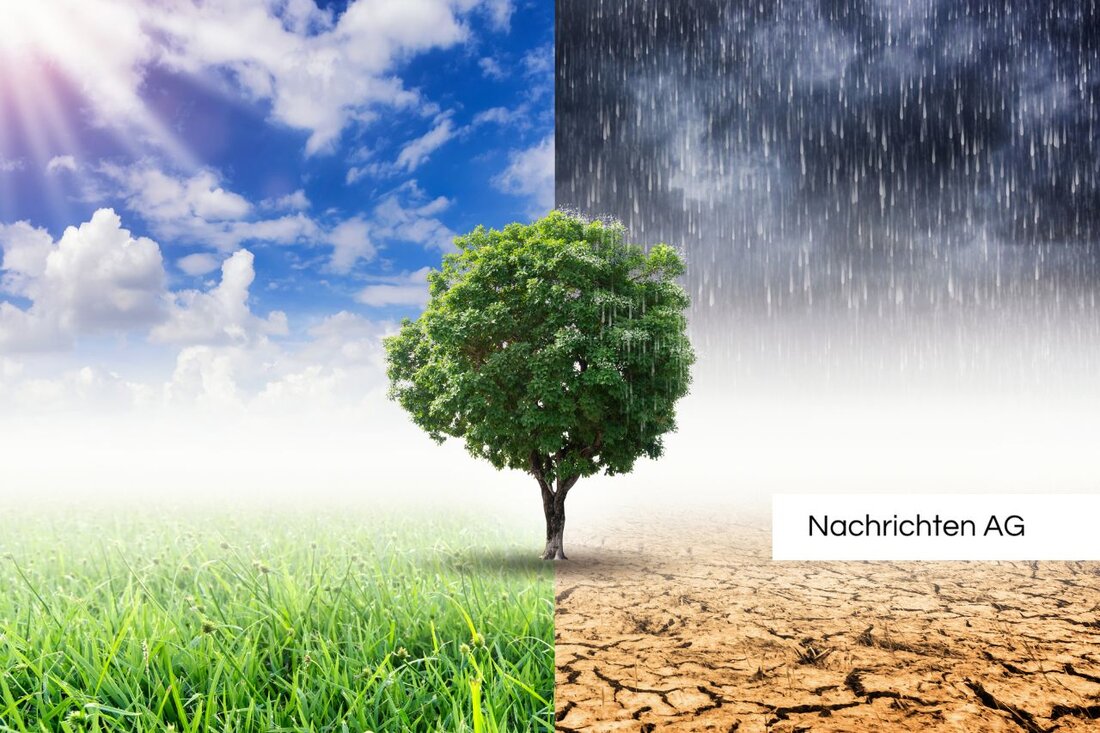Forests in transition: How scientists are countering the effects of climate change!
The University of Freiburg is cooperating with Canadian universities in the FORSCALE project to develop forest adaptation strategies to climate change.

Forests in transition: How scientists are countering the effects of climate change!
On September 24, 2025, the FORSCALE project, funded by the Eva Mayr-Stihl Foundation, will be officially presented. This innovative project aims to promote a comprehensive understanding of scale effects in forest adaptation, particularly in an international context. The initiative is led by Prof. Dr. Thomas Seifert, an expert from the University of Freiburg. FORSCALE mobilizes cooperation between several German and Canadian universities, including Lakehead University, the University of British Columbia and the Université du Québec.
The focus of the project is the adaptation of forests to the challenges of climate change. Scientists in early career phases should not only deepen their research skills, but also develop specific adaptation strategies that are tailored to the respective circumstances and governance structures. The project investigates complex, adaptive systems and the interactions between biological, ecological and social processes.
Pioneering work for the future of forests
An outstanding feature of FORSCALE is the IGK's qualification concept, which offers 40 doctoral students and four postdocs international, interdisciplinary development opportunities. These opportunities are practical and include close stakeholder involvement and intercultural exchange. One focus is on investigating cross-scale interactions that are crucial for the biological adaptation of trees, the maintenance of ecosystem services and the effectiveness of forestry measures.
In addition, the Federal Agency for Nature Conservation (BfN) emphasizes the need for resilient and diverse forests. These are essential to counter the changes caused by climate change and to maintain the basic ecological functions of forests. An important aspect of this is the scientifically based assessment of unused forests and old commercial forests, which act as crucial carbon sinks.
The knowledge gained should not only improve local reforestation strategies, but also contribute to the development of sustainable protection and use concepts for forests on a global level. Ban and resilience in forest management are therefore considered central to achieving climate goals.
The scientists in FORSCALE strive to optimize the carbon balance of forests through appropriate management methods. These measures are essential to successfully meet the challenges of climate change and to secure forest biodiversity. For more information about the project's goals and methods, please visit uni-freiburg.de, frontiersin.org and bfn.de.

 Suche
Suche
 Mein Konto
Mein Konto